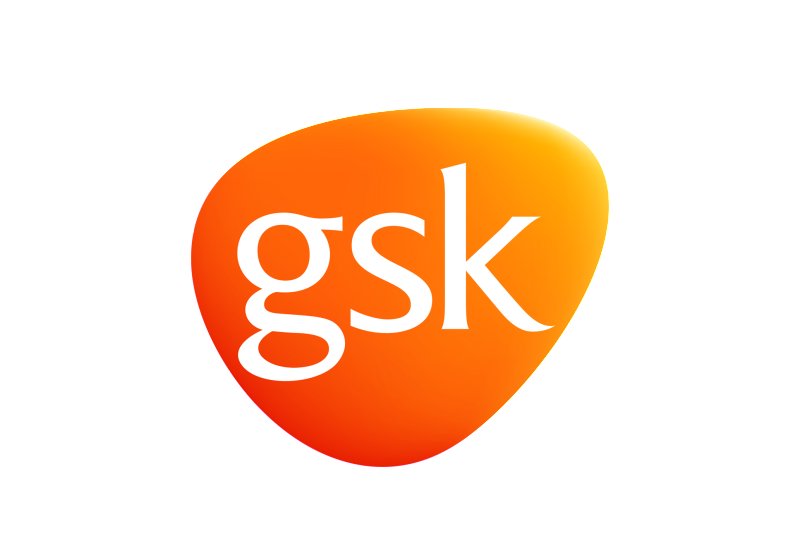
Early Talent
Programme Manager
“As an organisation, we’re finding that apprentices are hugely motivated. They’re really bright sparks, energising the departments they join. It’s so positive – there really isn’t a negative aspect to it”
How do the apprenticeships study?
The apprentices are studying by distance learning and have one day per week as study leave. Some of the apprentices form study groups on site, and others prefer to study at home. They also attend a residential week at the University.
How have higher and degree apprentices helped your business?
Our apprentices work on scientific and technical projects in our R&D pipeline, and the fresh ideas and skills that they bring are extremely energising to our departments. The apprenticeships are developing their skills where organisationally GSK may have gaps. Most become Science, Technology, Engineering and Maths (STEM) ambassadors and visit schools to inspire the next generation to consider a STEM career.
The reputation of the apprentices is very positive among line managers and this is showing through the numbers we’re hiring.
What does GSK do to support the apprentices?
For many of the apprentices, joining an organisation like GSK is a transformational change and so we put a strong support team around them, including their manager, an existing ‘apprentice buddy’, a mentor and the programme team.
The laboratory apprentice’s manager supports the development of the apprentice’s competence in all aspects of lab and written work.
As well as developing their scientific and technical competence, every year, all apprentices participate in a week-long, off-site event to develop their personal and business skills.
For example, the first-year apprentices go to the Lake District for a week with the Outward Bound Trust. They develop self-awareness and confidence, and skills such as communication, problem solving and team building. We aim to develop the apprentices as business people as well as scientists.
What would you say to employers considering taking on an apprentice?
As an organisation, we’re finding that apprentices are very motivated. They’re really bright sparks, energising the departments they join. It’s so positive – there really isn’t any negative aspect to it.
On completion of their apprenticeships, they are typically landing into Associate Scientist roles in GSK R&D and continuing their studies with Kent to top up their FdSc to a BSc.

